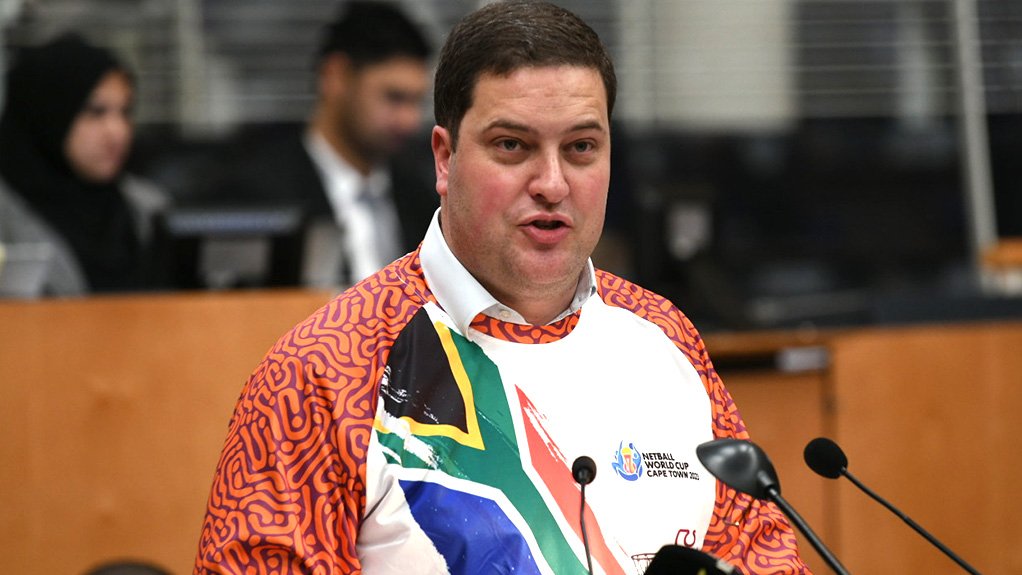National budget cuts mean the City of Cape Town's housing projects will have to go without more than R107-million in government funding.
Cape Town Mayor Geordin Hill-Lewis said the budget cuts announced by Finance Minister Enoch Godongwana in his medium-term budget policy statement would have "far-reaching consequences for local government".
Hill-Lewis said the cuts amount to over R107-million for Cape Town's human settlements grants in 2023/24 alone.
He added that the "national cuts make [the City's] task all the more difficult", especially as Cape Town's population continues to grow.
Recent census data showed that Cape Town is on track to become South Africa's most populous city, now with just 100 000 residents fewer than Johannesburg.
"Cape Town's population will soon cross the 5-million mark, with our city increasingly at the heart of national growth.
"It is critical that we deliver on our planned infrastructure investments, which amount to 50% of planned municipal infrastructure spending in South Africa over the next three years," said Hill-Lewis.
Housing lobby group Ndifuna Ukwazi said while the City is right to raise the alarm over the budget cuts, there is much more complexity around the delivery of housing.
"The funding cuts are serious. The overall housing budget in South Africa has been cut by around 10% and that will have a material impact on a number of housing projects," Ndifuna Ukwazi researcher Nick Budlender said.
"At the same time, it's important to remember that this is not just about money, it's also about municipal capacity to implement projects and political will," he added.
Budlender added that many municipalities across the country fail to spend their allocation for housing. This poor municipal capacity results in underspending, which can, in turn, be used to motivate budget cuts.
He said while this applies less in the case of the City of Cape Town, which has spent "almost the entirety of [its] housing grants", there are still systemic issues at play.
"Yes, the grants are being spent, but that's a small number of homes every year.
"There are a range of other things that have to happen for drastic change to take place, such as making it easier for people to build their own homes, challenging the City's spatial layout and having more willingness to use well-located land for affordable housing," he said.
Cuts to Cape Town's national funding share include R37-million from the Informal Settlement Upgrading Partnership Grant and R70-million from the Urban Settlements Development Grant.
Cape Town Human Settlements MMC Carl Pophaim said the City was focusing on enabling more private-sector housing delivery.
"We welcome confirmation in the [medium-term budget policy statement] that social housing subsidies will be raised, as these have not kept up with inflation, which massively impacts the viability of the sector.
"However the elderly, the disabled and other vulnerable groups still require a level of free housing delivery from the state, and this is where the conditional grant cuts of R107-million this year will be most felt," Pophaim said.
News24 previously reported that National Treasury was forced to make painful revisions to the medium-term budget policy statement, which updates government's spending plans over the next three years.
On Wednesday, Godongwana said the government expects to earn almost R57-billion less in taxes than it previously forecast.
This – coupled with falling commodity prices, a public sector wage hike and increased cost of borrowing – has resulted in several budget cuts, including for housing.
EMAIL THIS ARTICLE SAVE THIS ARTICLE
To subscribe email subscriptions@creamermedia.co.za or click here
To advertise email advertising@creamermedia.co.za or click here











